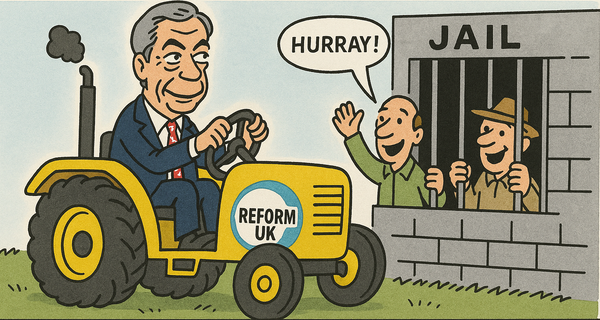Online publishing is not necessarily the next home of traditional publishers
Matthew Ingram has written a typically thoughtful and insightful piece about the bind newspaper publishers find themselves in, all inspired by this graph from LinkedIn:
He suggests that the reason newspaper publishers languish at the bottom while online publishing is doing pretty well is a classic expression of the innovator’s dilemma:
I think Intel chairman Andy Grove actually popularized the term “valley of death” in that kind of context, but Smalera is still on target with his main point, which is that it is almost impossible for companies who have a dominant business of one kind — in one particular market, serving one particular kind of customer — to successfully cannibalize their own business by investing heavily in a new one. Even if they agree that change is necessary, the impetus will always be to continue spending most of the company’s time on managing the existing business, especially if it continues to produce a majority of a firm’s revenues (as print still does for most newspapers).
Those of us who have spent any length of time in traditional media businesses – B2B publishing rather than national newspapers in my case – will have seen that in play. However, I think there’s a false assumption at work here. It’s not wise to assume that the only path traditional publishers will take is into online publishing. To quote my former employer, in a story about the proposed sale of Variety:
With RBI’s increasing focus on data services, and the sale of our other US print magazines, it now makes sense for us to sell the business.
Emphasis mine. Most online publishing operations trade with much lower structural overheads than traditional publishers, and it’s very, very hard to take a high overhead business and turn it into a low overhead one. That’s why business publishers like RBI are transitioning to data businesses – high revenue, high overhead – or events, both of which can support the kind of corporate structures they’re used to. The alternative is wholesale sackings of IT, marketing, HR and the like, and a lower turnover business, which will cause horror and revolt from shareholders and investors. Things will have to get even worse than they are now before businesses will contemplate this.
My current prediction for the B2B market in particular: many of the old, established names will be essentially out of the publishing game and into pastures new within five years, with incoming outfits like Briefing Media picking up key brands, and running them at significantly lower overheads than the big boys could.






